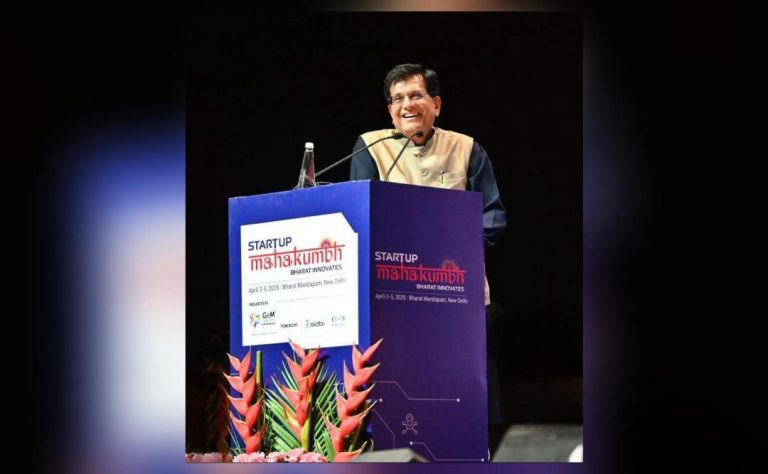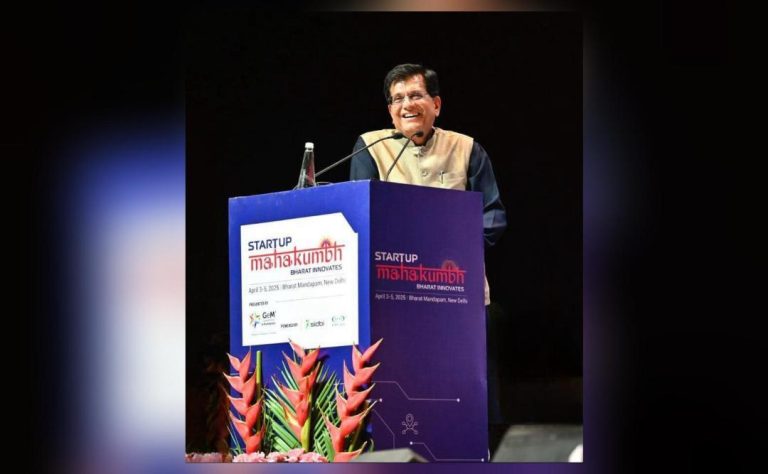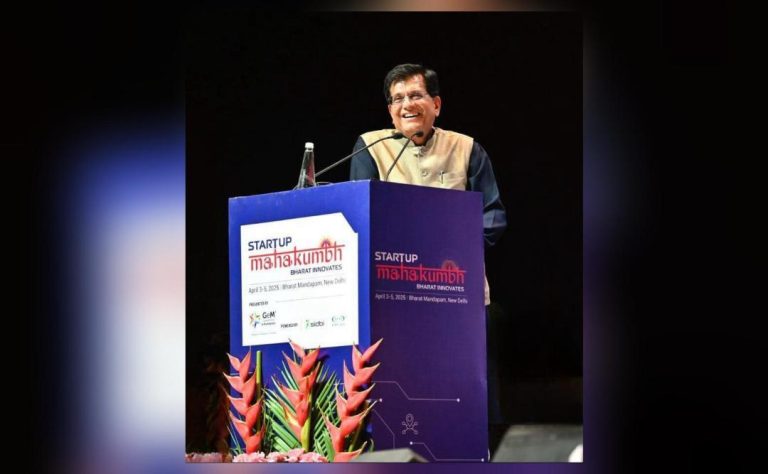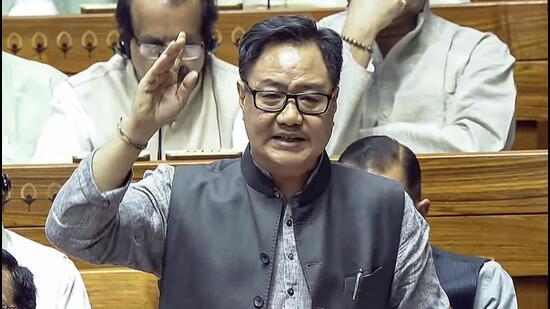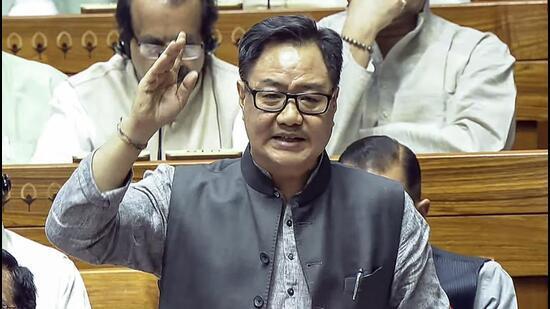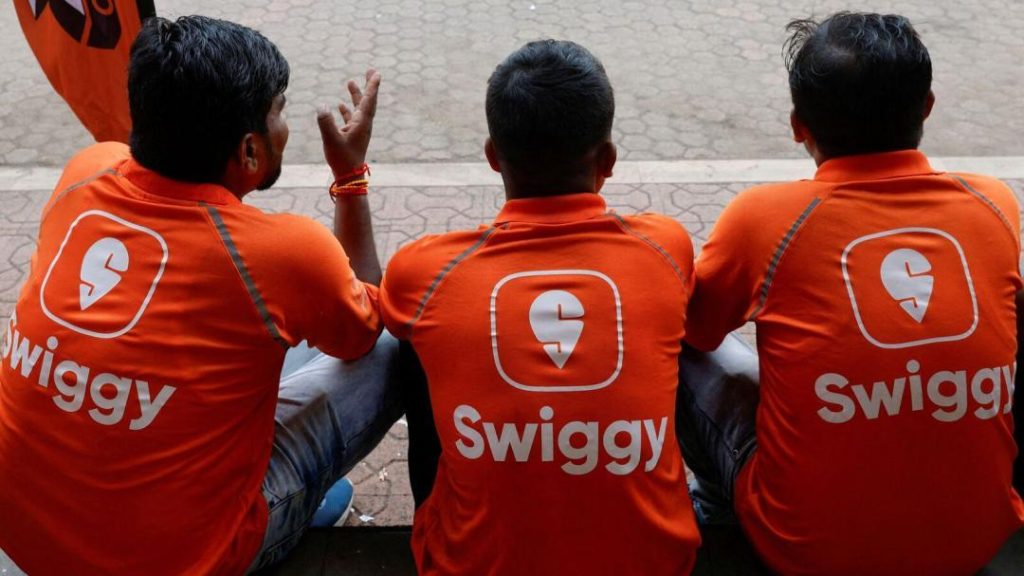
Swiggy Faces ₹158 Crore Tax Demand Over Cancellation Fees
In a recent development, food delivery giant Swiggy has received a tax demand of ₹158 crore from the Income Tax Department for the financial year 2021-22. The demand stems from alleged violations related to cancellation charges paid to merchants. In response, Swiggy has announced that it plans to appeal the demand, citing a misunderstanding of tax provisions.
The tax notice was issued under Section 154 of the Income Tax Act, which deals with amendments to be made in the assessment. The Income Tax Department has claimed that Swiggy’s cancellation fees, which are paid to merchants when an order is cancelled, are taxable as income. Swiggy, on the other hand, has argued that the fees are not taxable as they are considered a refundable amount.
This is not the first time that Swiggy has faced a tax issue. In 2020, the company was slapped with a ₹65 crore tax demand for allegedly misclassifying its employees as independent contractors. However, Swiggy managed to settle the dispute with the tax authorities.
The latest tax demand has raised questions about the taxation of cancellation fees in the digital economy. Experts suggest that the case may set a precedent for how such fees are taxed in the future. “This is a significant development, and it’s essential for the industry to understand the implications,” said Harpreet Singh, a tax expert. “If Swiggy’s appeal is rejected, it could lead to a shift in the way cancellation fees are taxed, and companies may need to revisit their accounting practices.”
Cancellation fees are a common practice in the food delivery industry, where restaurants and merchants are paid a certain amount when an order is cancelled. These fees are usually deducted from the merchant’s earnings and are considered a way to offset the costs associated with processing cancelled orders.
However, the Income Tax Department has argued that these fees are taxable as income, as they are considered a form of payment made by Swiggy to merchants. “The tax department is treating the cancellation fees as taxable income, and Swiggy is disputing this,” said a tax expert, who wished to remain anonymous. “The issue is complex, and it will be interesting to see how the courts rule on this matter.”
Swiggy’s appeal is likely to be based on the company’s argument that the cancellation fees are not taxable as they are refundable. The company may also argue that the fees are not considered income, as they are not earned by the merchants. “Swiggy’s appeal will likely focus on the fact that the cancellation fees are refundable, and therefore, cannot be considered taxable income,” said Singh.
The case has implications for the entire food delivery industry, which relies heavily on cancellation fees to offset costs. If Swiggy’s appeal is rejected, it could lead to a shift in the way these fees are taxed, and companies may need to revisit their accounting practices.
In conclusion, the tax demand of ₹158 crore against Swiggy is a significant development in the Indian digital economy. The case highlights the complex issues surrounding the taxation of cancellation fees and may set a precedent for how such fees are taxed in the future. As the matter unfolds, it will be interesting to see how the courts rule on this matter and what implications it has for the food delivery industry.
Source: https://ascendants.in/industry_events/swiggy-rs-158-crore-tax-demand/
